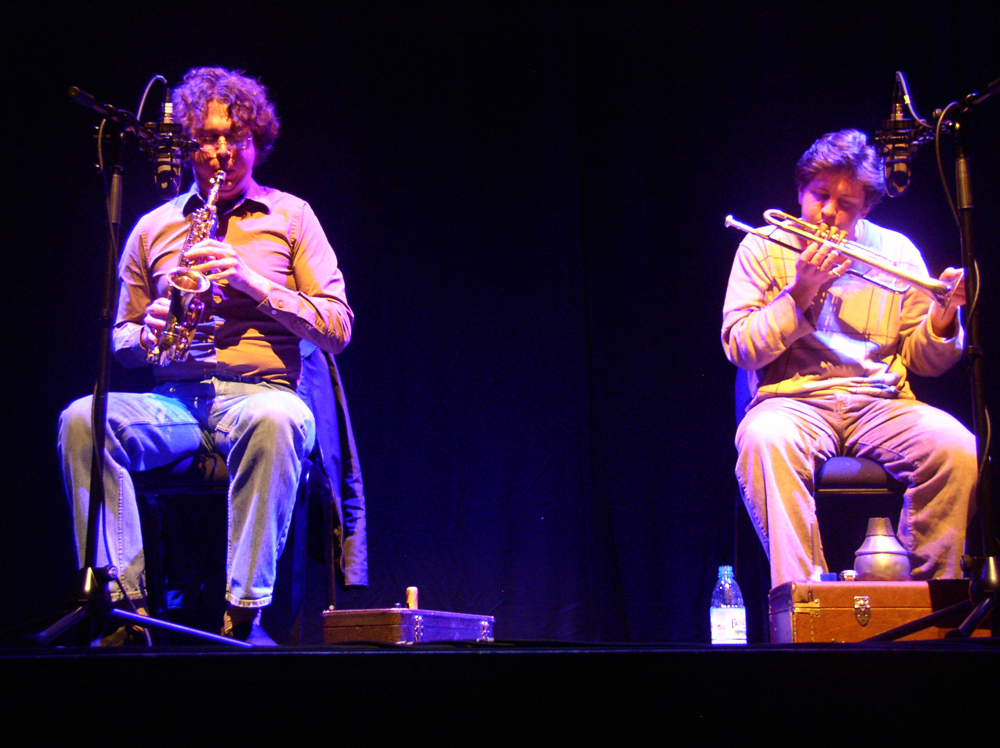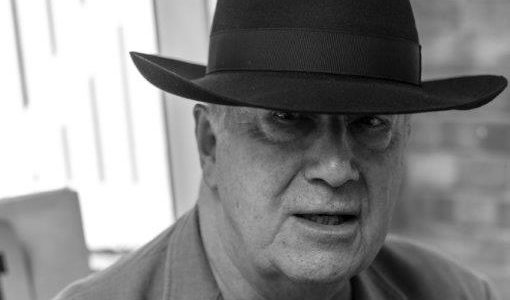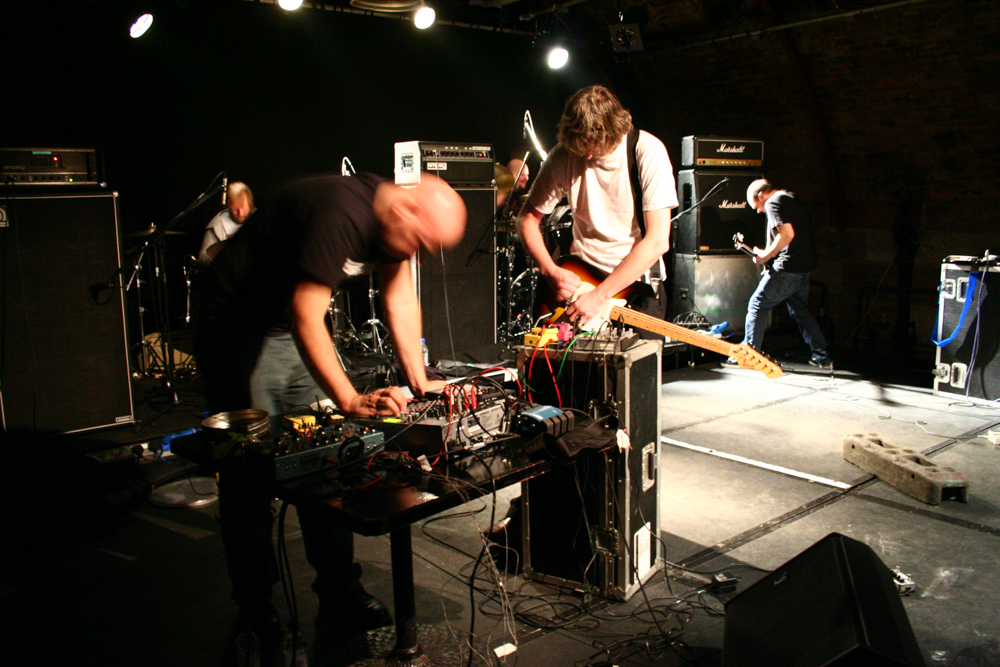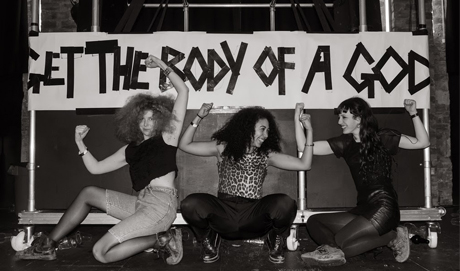
Film Programme: Feedback
John Butcher Luis Recoder Paul Sharits Various Artists Toshiya Tsunoda
The pieces in the programme switch between silent film/ imageless sound, but we wanted to have a think about how ideas can take up residency on either side of the sound/ image border, without having to inhabit both at the same time.













